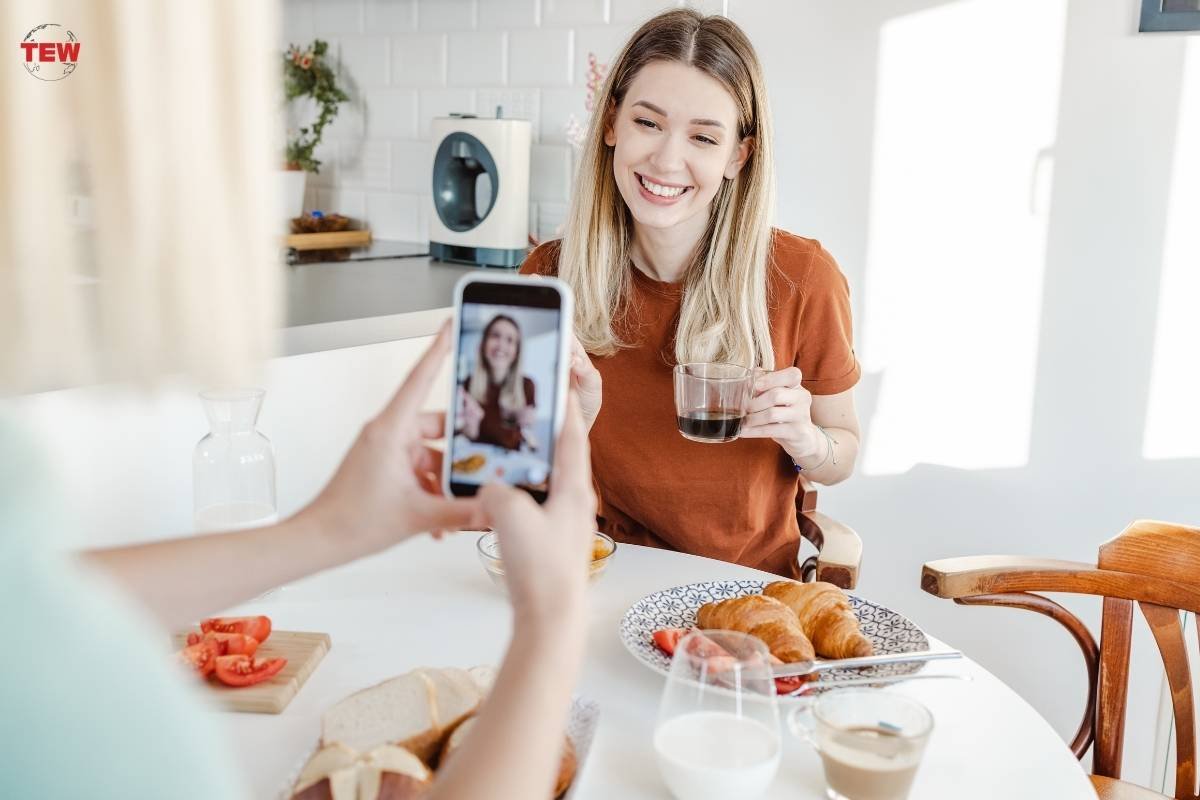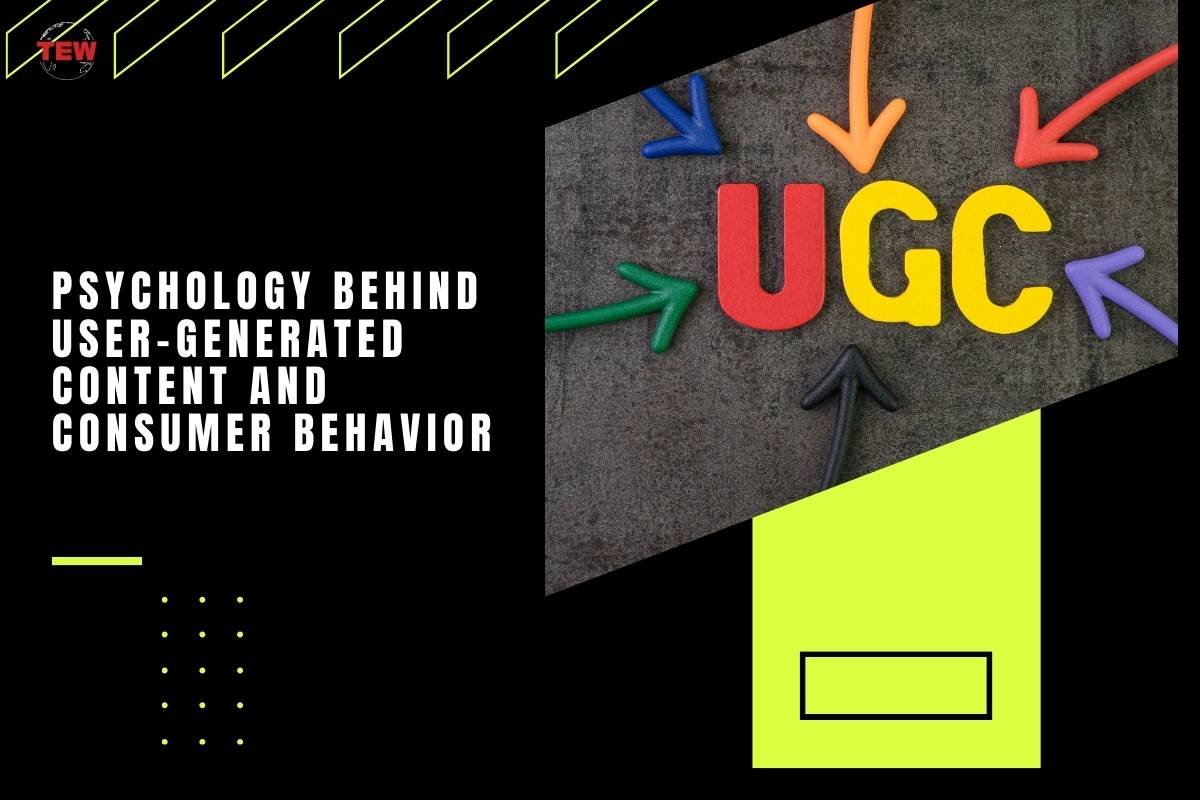The power of user-generated content (UGC) in shaping consumer choices is undeniable. This makes UGC platforms a key player in today’s marketing strategies. The surge in social media and review sites offers a window into real product experiences from the most reliable critics: actual users.
But why are we so drawn to user-generated content? It all comes down to the psychology behind it.
The Rise of User-Generated Content
UGC’s explosion over the past decade has been largely fueled by the widespread rise of social media, blogs, forums and other digital spaces where everyday consumers effortlessly create and share content.
A driving force behind this UGC boom is the size of social media platforms like Facebook, Instagram and TikTok, which have billions of active users globally. These platforms make creating and sharing photos, videos, reviews, posts and other UGC seamless for consumers. In fact, a staggering 79% of consumers admit UGC plays a major role in their purchase decisions.

Review platforms like Yelp and TripAdvisor also give brands the opportunity to reach a wider audience. Yelp has over 265 million global reviews, while TripAdvisor averages 7,000 new contributions every hour. Forums and blogs expand UGC creation further, with WordPress powering over 60 million blogs, while popular forums like Reddit have 850 million monthly visitors.
UGC has given consumers a lot of influence over brands’ reputations and their success in the market. A real-life photo on Instagram or an honest review on TikTok can make or break a brand’s image overnight. With more people looking to UGC for shopping inspiration, it’s important for brands to include it in their marketing campaigns.
Why Do People Care About UGC?
User-generated content has become a staple in many brands’ marketing strategies. But what makes it so influential compared to traditional ads and branded content? There are several key psychological factors driving people’s love for UGC.
- Consumer Trust
One major reason people care about UGC is that it comes from dependable and trusted sources. With no vested interest in promoting a brand, User-generated content has an authenticity that builds credibility. A Stackla study found UGC is viewed as 2.4 times more authentic than branded content.
Traditional advertising faces consumer skepticism, as audiences are wary of brands’ tendencies to stretch the truth. However, people trust recommendations from their peers far more. According to a Collective Bias survey, 30% of consumers said they are more likely to purchase products endorsed by other consumers versus celebrities.
- Social Proof

The reviews, stories and recommendations in UGC provide the social proof people look for before trying a product. In fact, 85% of consumers find UGC more influential when making purchasing decisions because it signals quality validated by others similar to themselves.
Viewing UGC aligns with people’s natural desire to belong and connect with others. According to Psychology Today, social proof builds trust in brands by showing their worth has been confirmed by others.
- Emotional Connection
Authentic user stories build emotional connections between consumers and brands. By seeing actual experiences, consumers can imagine themselves as part of the brand community. Research by Motista shows consumers with an emotional brand connection have a 306% higher lifetime value.
UGC storytelling taps into shared aspirations and values. When consumers see influencers achieve goals using a product, they feel inspired to try it themselves. Powerful narratives engage audiences and foster loyalty.
- Desire to Belong
Sharing UGC is a way for people to show the world who they are and what they believe in. When consumers connect with brands through UGC, they’re tapping into a deep-seated desire to be part of a community, to belong and to find common ground with others who share their values and interests.
User-generated content case studies suggest consumers are more likely to support and advocate for brands that match their values, beliefs and aspirations. Sharing UGC featuring these brands enables consumers to showcase their interests and personalities and reinforce their personal brand image.
UGC also allows people to foster social connections and relationships with others who share similar mindsets. The shared act of creating and engaging with UGC centered on a common brand creates a sense of camaraderie and belonging.

- Strengthening Self-Image
UGC allows consumers, especially social media influencers and content creators, to enhance their personal or brand image by associating themselves with desirable brands and experiences. This, in turn, benefits companies, as even unintentional UGC, such as a product unboxing video, can act as an indirect form of advertising, swaying consumer buying decisions.
Transform Your Marketing Strategies with User-Generated Content
The appeal of user-generated content comes from how well it matches what consumers feel, who they are and what they hope to be. This is a great opportunity for brands. By including real stories and experiences from UGC in their marketing across different channels, brands can improve their marketing efforts and build strong, genuine connections with their audience.
Partnering with UGC agencies allows you to tap into a pool of exceptional UGC creators who not only align with your brand’s values but also bring along a wide following, helping you expand your customer base.




